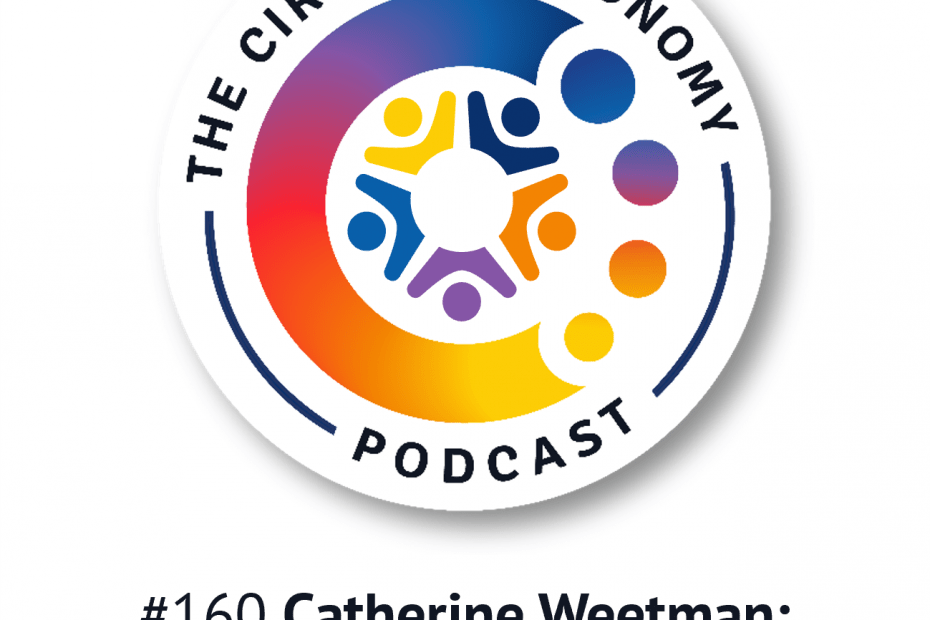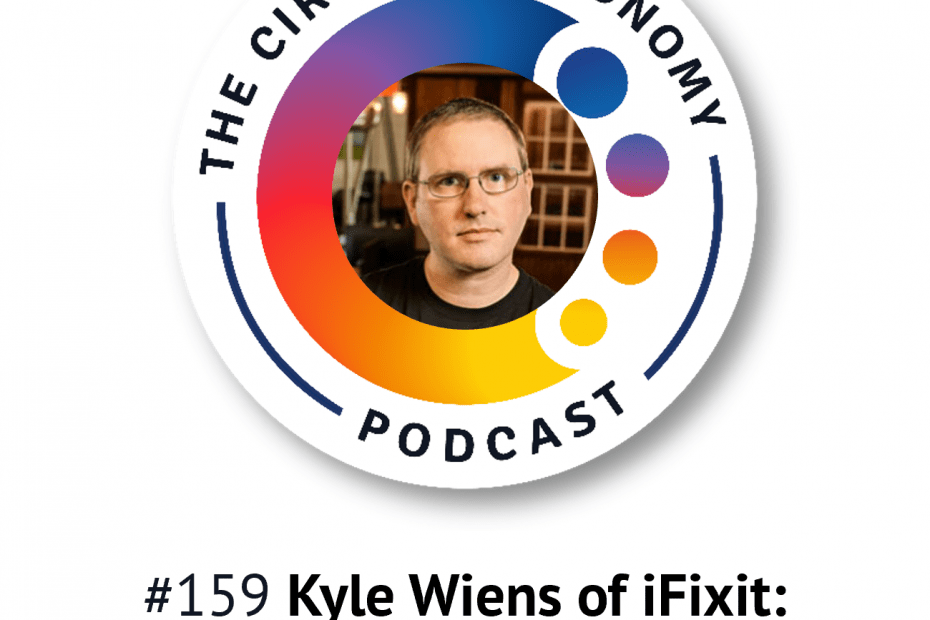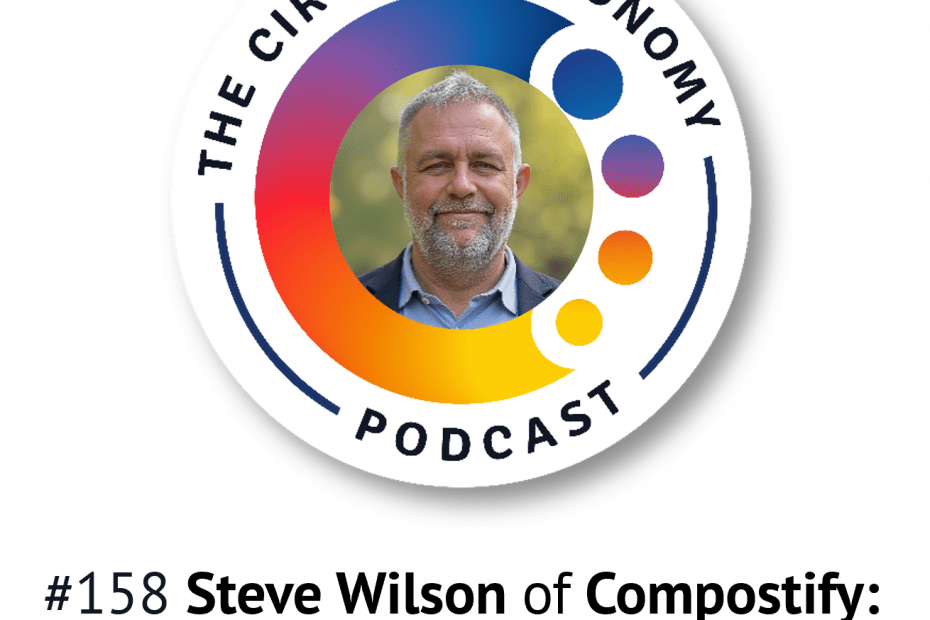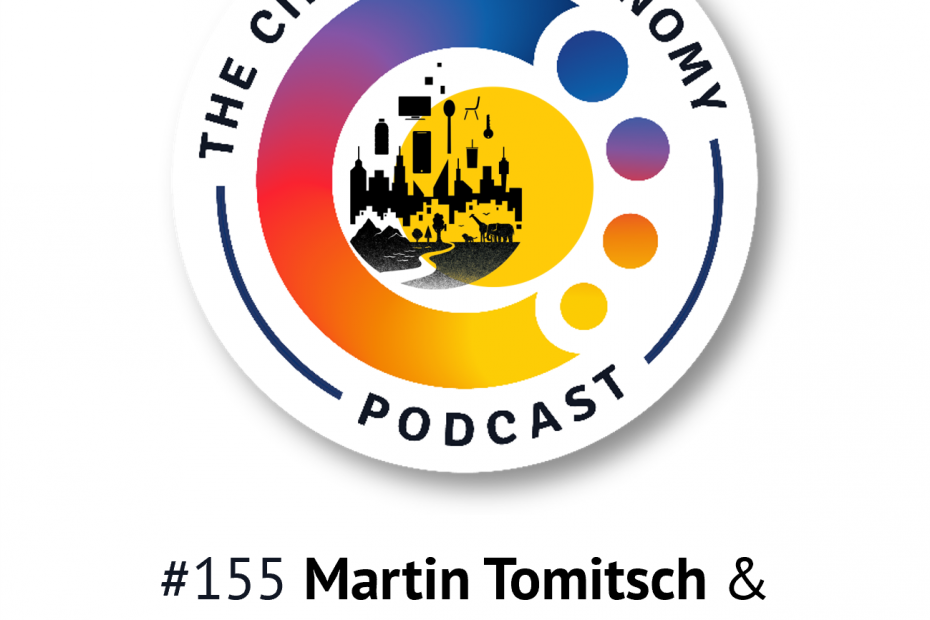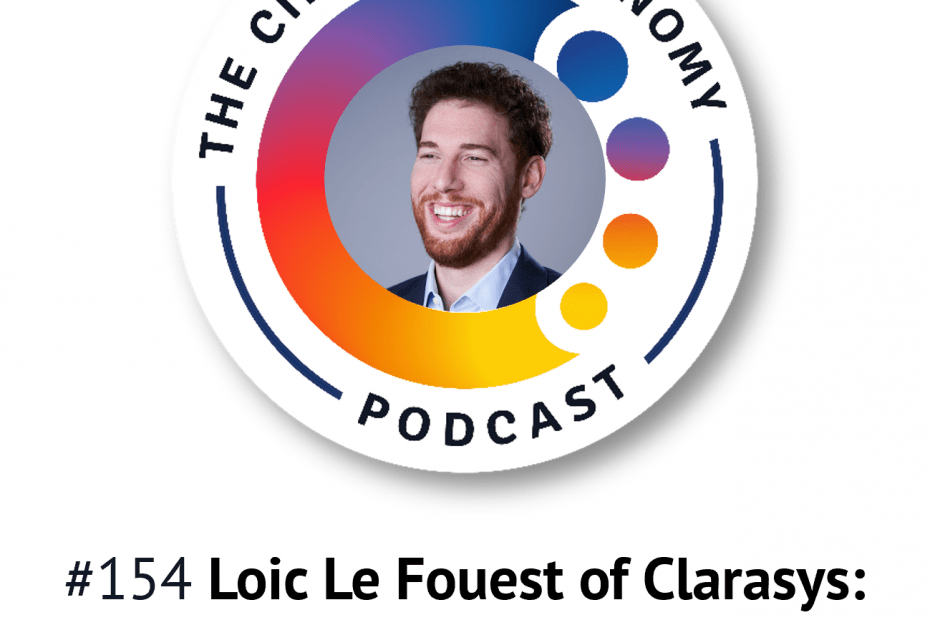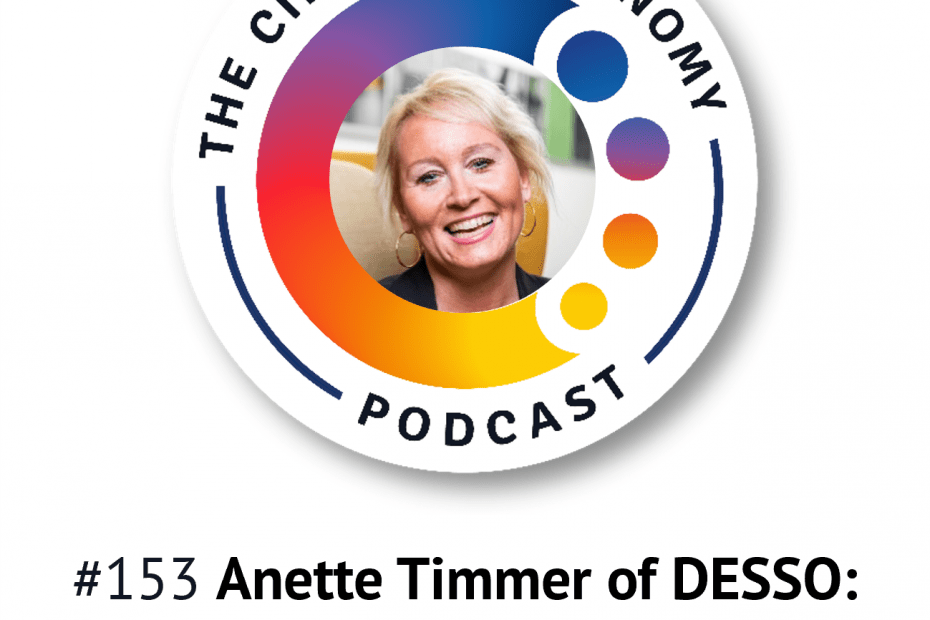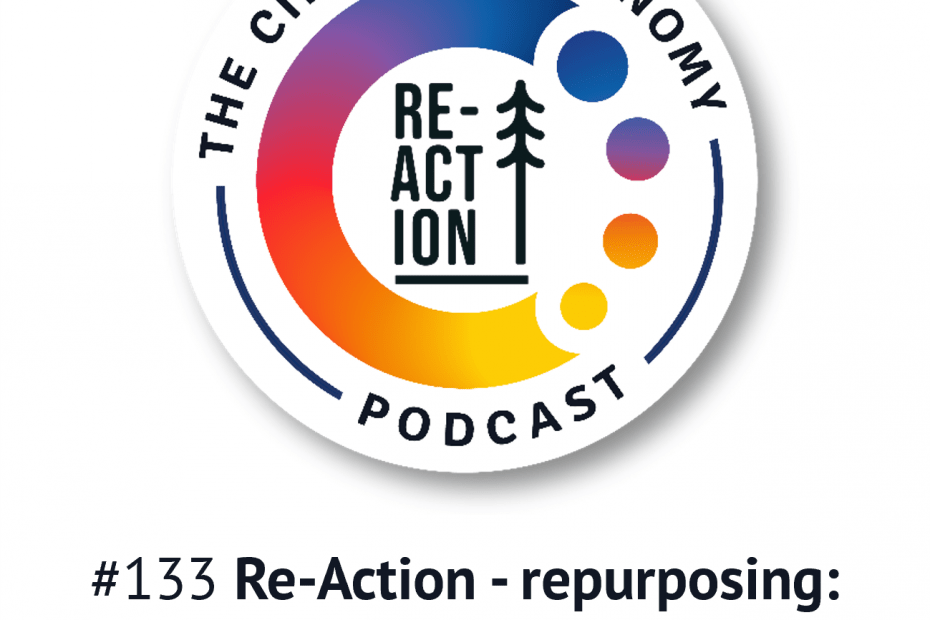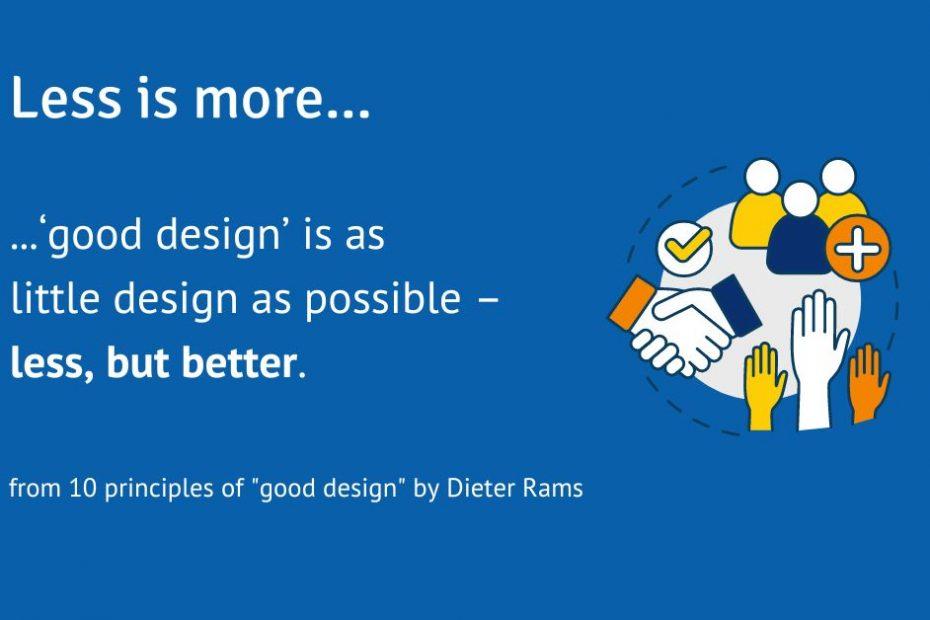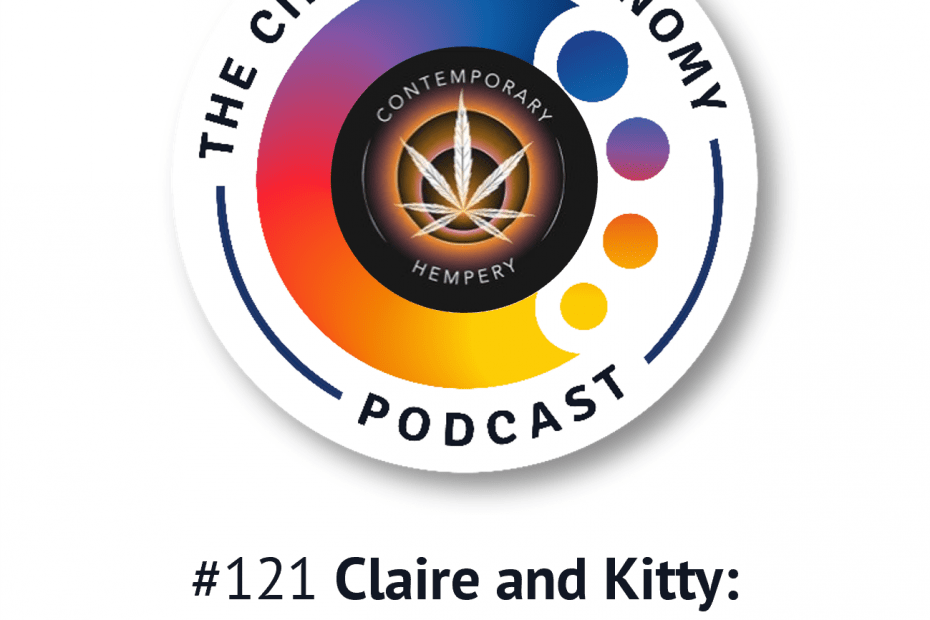160 Systems and system value
One of recurring themes in the new edition of A Circular Economy Handbook (to be published in November 2025) is the importance of systems thinking and systems design. I’ve been reading Seth Godin’s book, This is Strategy, and he says successful strategies depend on two things: being conscious of the change we seek to make and the systems that can amplify or impede our progress.
In other words, we must make sure we understand the different systems affecting the things we want to change. There can be multiple systems, many of which we have little control over.
It’s also important to find the ‘leverage points’ – those places in complex systems where, as Donella Meadows said, ‘a small shift in one thing can produce big changes in everything.’
Pretty much every conversation in the last series gave me food for thought and insights for the book, and in this episode, I’d like to pick up on some of those.
First, we’ll recap on the systems thinking tools and approaches in Martin Tomitsch and Steve Baty’s new book, Designing Tomorrow, and think about the impact of strategies and systems – who we affect, and what kind of impacts we’re responsible for.
Then we’ll look more closely at one of the key differences between conventional and circular business models – the role of the customer, and the need for them to be active, rather than passive participants.
Finally, we’ll unpick another recurring theme from the book – system value – a term used by the Future Fit Foundation for solutions where businesses address societal needs in a holistic way, while not hindering progress towards a flourishing future.
The last series covers episodes 151 to 159:
151 Clarissa Morawski of Reloop Platform: practical policies for circular packaging
152 Markus Terho: The Lifestyle Test
153 Anette Timmer of DESSO: the beauty of circularity
154 Loic Le Fouest of Clarasys: creating circular customer experiences
155 Martin Tomitsch and Steve Baty: Life-centred design
156 Marcus Feldthus: the Post-Growth Guide for businesses
157 Liz Bui of Yulex: safer, sustainable materials
158 Steve Wilson of Compostify: bioplastics that enrich the planet
159 Kyle Wiens of iFixit: the rewards of repairability
